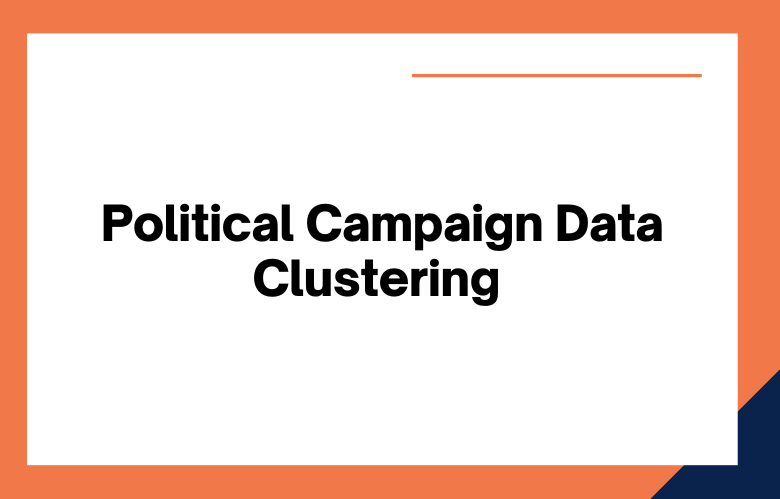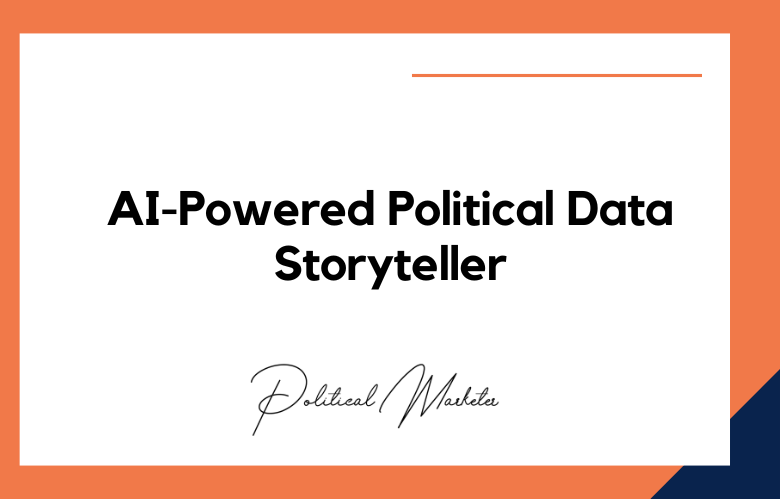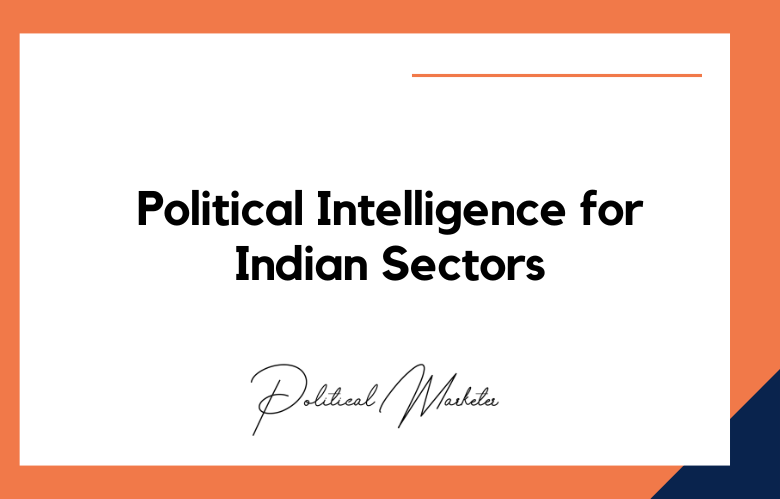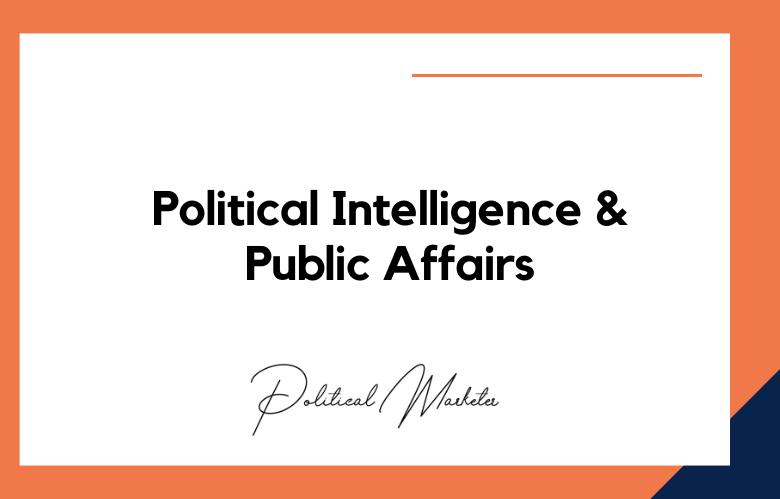Data clustering has become a popular way to collect and analyze political information. Clustering is a machine-learning technique that groups data to detect patterns. This data can be used to make predictions about future behavior.
The use of data and analytics played a significant role in the outcome of the election. In this blog post, we’ll look at how machine learning can be used to cluster political campaign data. We’ll see how this technique can better understand Voters’ voting behavior.
Data clustering is often used in political campaigns to target potential voters. By grouping people based on shared characteristics, campaigns can more efficiently use their resources to reach voters likely to support their candidate. Additionally, data clustering can predict how people will vote in future elections, which can help plan campaign strategy.
Data is more critical than ever in modern political campaigns. The correct data, analyzed and understood, can mean the difference between winning and losing. However, with the vast amount of data campaigns generate, it can be challenging to know where to start. That’s where machine learning comes in.
Machine learning is artificial intelligence that enables PCs to get data without being explicitly programmed. In other words, it allows computers to find patterns in data and build predictions about future events. This is incredibly valuable for political campaigns, which can use machine learning to cluster data, identify trends, and make better decisions about where to allocate resources.
In the world of politics, data is king. Political campaigns can micro-target individual voters with laser precision by understanding voting patterns, campaign contributions, and demographic information. But collecting and analyzing all this data is daunting—becoming increasingly tricky as data grows exponentially. That’s where machine learning comes in.
Machine learning is a subcategory of artificial intelligence that deals with constructing and studying algorithms that help people learn from and make predictions on data.
Machine learning can cluster data points in political campaigns to understand voter behavior better. This, in turn, allows campaigns to target their messages and resources more effectively.
Campaigns have been using machine learning for years, but the technology has come into its own in recent years thanks to advances in the power of computing and data storage. Here’s a look at how machine learning changes how political campaigns operate.
Data Clustering in the Political World
How Data Clustering is Used in Politics
Data clustering can be used in politics in a few different ways. One way is to group people based on their voting history. This information can be used to target potential voters with campaign materials that are tailored to their interests.
Another way to use data clustering is to group people based on their demographics. We can use this information to target specific groups of people with campaign ads designed to appeal to them.
Data clustering can also predict how people will vote in future elections. Campaigns can use this information to ensure that they are reaching out to the right groups of people.
Data clustering can be used to find trends in voting behavior. This information can help spot opportunities or threats in the political landscape.
Machine learning is a powerful tool that can be used to cluster data. Clustering is a technique that groups similar data points.
This can be useful for finding patterns in data. In political campaign data, clustering can discover groups of voters with similar characteristics.
Many different algorithms can be used for clustering. In this blog post, we’ll use the k-means algorithm. This algorithm works by grouping data points based on their similarity. The k in k-means refers to the number of groups formed.
To use the k-means algorithm, we must first choose the number of groups we want to form. In this example, we’ll select five groups. We also need to decide which columns of data we want to use for clustering. For this example, we’ll use the columns “age” and “income.”
Once we have our data and parameters chosen, we can begin forming our clusters. The k-means algorithm will iteratively group data points together based on their similarity. After each iteration, the algorithm will recalculate the collections until it converges on a final solution.
How Machine Learning Can Help Political Campaigns Win
There are several ways that machine learning can help political campaigns win elections. Perhaps the most important is its ability to cluster data. Clustering is the method of grouping data points based on similarities. This is valuable for campaigns because it allows them to see which voters will most likely support their candidate and tailor their messaging accordingly.
Machine learning can also be used to identify trends in voter behavior. This is valuable for campaign strategists who want to understand how public opinion shifts over time so they can adjust their strategies accordingly.
Machine learning helps to make predictions about future events. This is valuable for campaigns because it allows them to prepare for different outcomes and develop contingency plans.
Data Clustering
One of the most common ways political campaigns use machine learning is for data clustering. Data clustering organizes data points into groups, or clusters, based on shared characteristics. For example, a data set of voter information could be clustered by age, location, or party affiliation.
Clustering data points helps political campaigns better understand voter behavior and makes it easier to target specific groups of voters with tailored messages.
For example, suppose a campaign wanted to target young voters in a particular state. In that case, they could use data clustering to identify which voters fit that criterion and craft their message accordingly.
Predictive Analytics
Another area where machine learning is having a significant impact on political campaigns is predictive analytics. Predictive analytics uses historical data to make predictions about future events.
In political campaigns, predictive analytics can forecast everything from election outcomes to which voters are most likely to respond positively to a specific message or content.
Predictive analytics has revolutionized political campaigns by allowing them to anticipate voter behavior with a high degree of accuracy. This will enable campaigns to allocate their resources more efficiently and concentrate on the efforts that are most likely to produce results.
Conclusion
Data clustering is a powerful tool that can be used in many ways, including politics. Clustering allows campaigns to target potential voters and predict how people will vote in future elections.
Additionally, data clustering can be used to find trends in voting behavior. This information can help spot opportunities or threats in the political landscape.
Machine learning is changing how political campaigns operate by helping them better understand voter behavior and predict how voters respond to different messages and strategies.
As machine learning technology evolves, we can expect even more changes in how politics are conducted at all levels.
A successful political campaign understands the demographics of its voting base and targets specific messages to these groups.
This is easier said than done, as many different types of voters are often within a single district or state.
However, machine learning can be used to group similar voters based on demographic information such as age, race, gender, education level, etc.
This allows for more targeted campaigning that speaks directly to the concerns of each group.
If you’re interested in using machine learning to improve your chances of winning an election, we can help.
Our company offers political campaign consulting services that can provide data-driven insights into your target voter groups.
We have a team of experienced professionals who have helped candidates win elections at all levels of government.
Contact us today for more information about how our expert team can help you win your next campaign!
One way to get in touch is by filling out our online form on this site or give us a call at
+91 9848321284. Let’s work together today!











